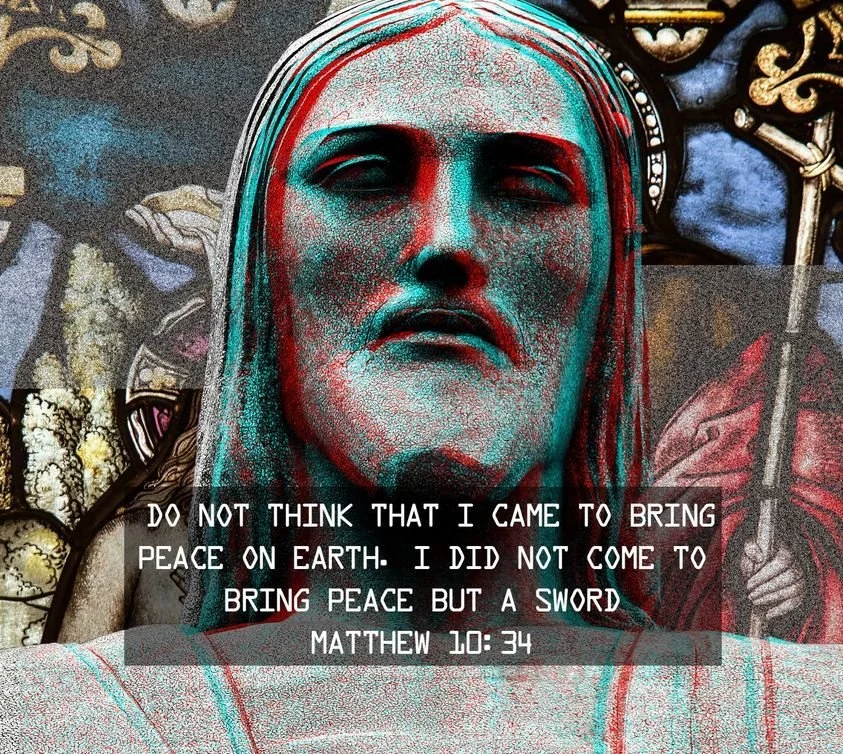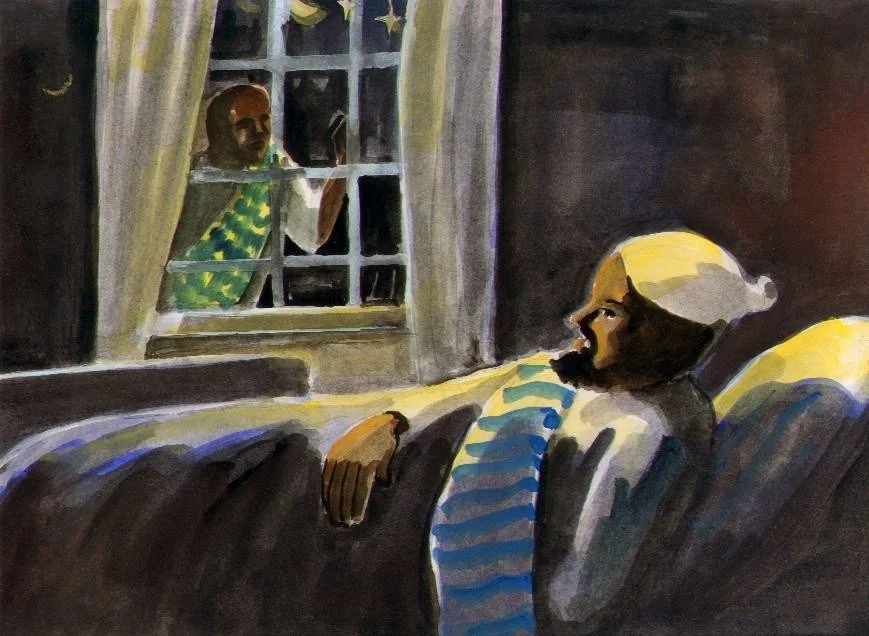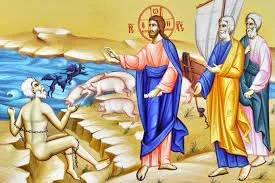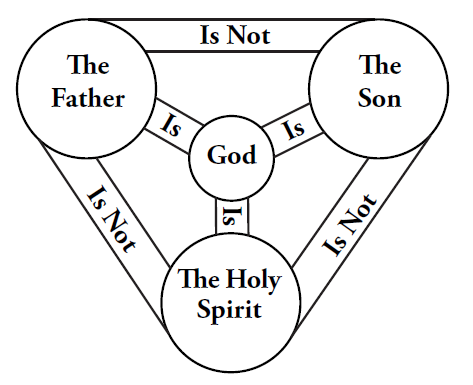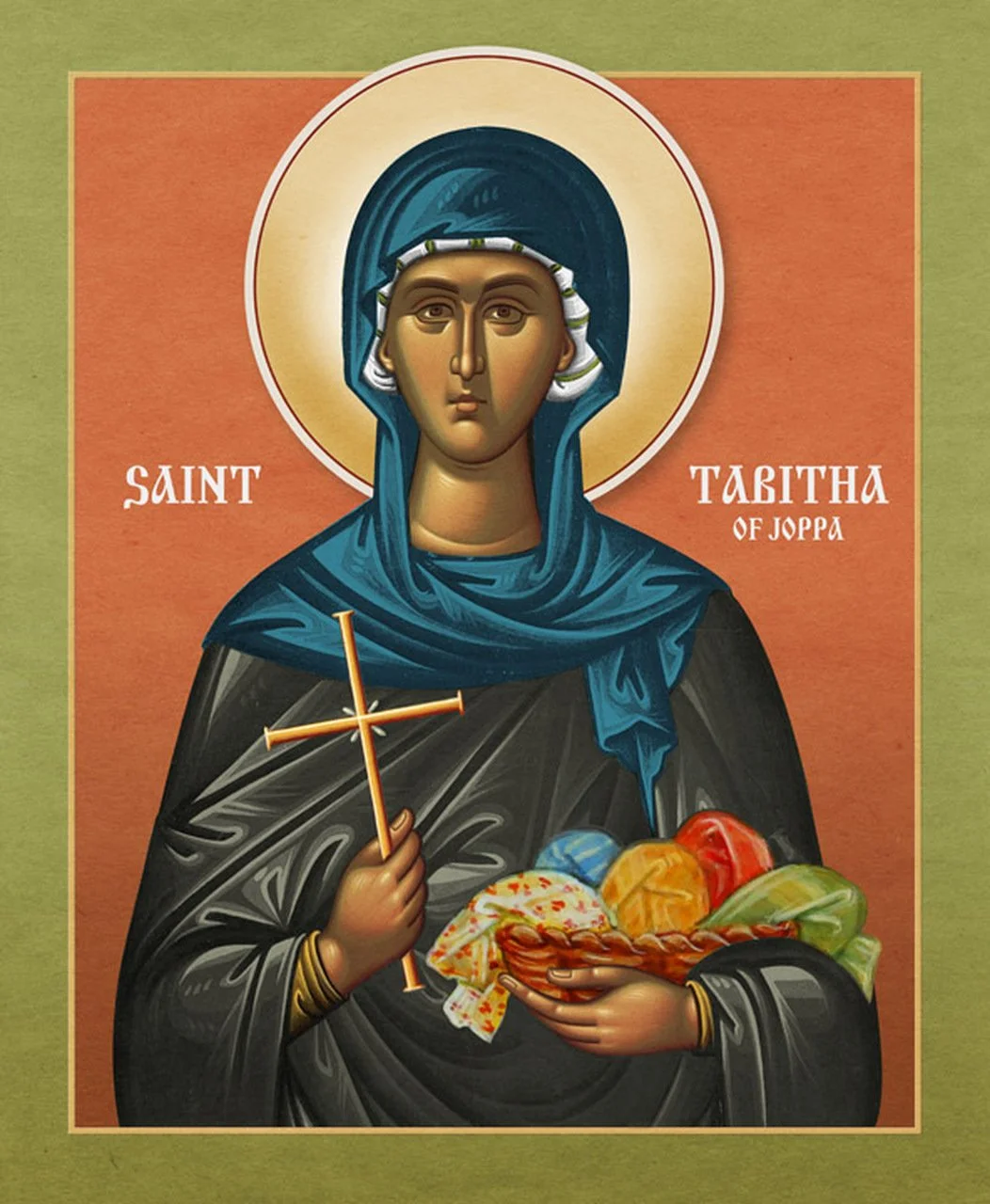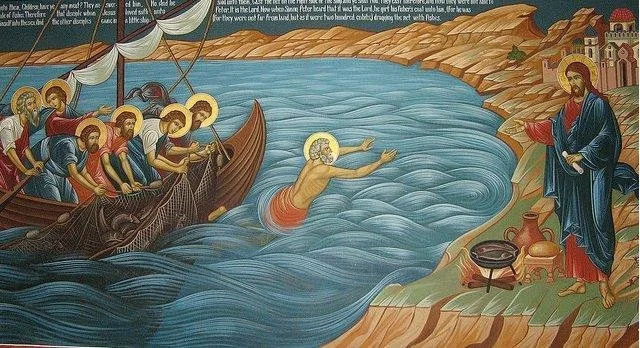The Rev’d Richard Gillespie Proctor
Christ the King Episcopal Church
Proper 15; 8/14/22
He’s disruptive and antagonistic. He’s divisive, and almost seems to enjoy stirring up his opponents. Perhaps most troublesome of all, he is dividing and breaking up families. Some love him. Some hate him. And because of the fact that he evokes such visceral emotions from so many people, it is nearly impossible to ignore him.
Such is the case with the Jesus we encounter in our Gospel lesson today. He’s not healing the sick, feeding the hungry, or blessing the children in today’s story. And he’s not bringing peace…he’s bringing fire…and division. Father against son and son against father; mother against daughter and daughter against mother. Even the in-laws get mentioned. You know…Good ole fashioned Christian family values.
I must say that I haven’t experienced the sort of division that Jesus was speaking of in today’s lesson. I was raised in a Christian household, and we all remain committed Christians to this day. And my extended family members on both sides are mostly committed Christians. In my family – and in my hometown, neighborhood, social circle growing up - following Jesus wasn’t abnormal…or risky…or countercultural. We asked people where they went to church not if they went to church. The Jesus and the Christianity that I grew up with didn’t feel divisive. Actually, it was quite the contrary. Dare I say that being a Christian was to be a part of the status quo.
And because of that reality for me, for most of my life, being a Christian didn’t require a whole lot from me. If there was ever division in the household, it was from my sister and me arguing with Mom and Dad about wanting to sleep in rather than go to church. But that is not the sort of division that Jesus was talking about. Nobody was being disowned or packing their bags and leaving over the matter.
But for better or worse, I think that the days of a household of multi-generational Christians are mostly behind us now. Statistics certainly confirm this statement. And because of this reality, we will more and more begin to hear nostalgic reflections on times past – the good ole days – when things were easier and better for Christians here in the United States. Times when there were full church parking lots and pews, robust attendance for children and youth program activities, and prayer in schools and over the intercom before high school football games.
But were these good ole days really good ole days? In some ways, yes. After all, what can be wrong with the Good News of Jesus Christ being heard and practiced by more people? But in some ways, I think that Christianity’s best days in the United States lie ahead of us. Christianity is now smaller, and is quickly losing its status as the cultural norm or status quo. It’s no longer embarrassing to be seen at Publix or the beach or the gym or the coffee shop on Sunday morning. But because of this reality, I think that Christianity is will become stronger, more meaningful, and more robust in its claim on our lives and the lives of those in our communities. Things that are chosen are always more meaningful than things that are coerced.
But because of this new dynamic – which is actually as old as the New Testament and pre-Constantinian Church, we will see and experience more familial divisions like Jesus mentioned in our lesson today. I am already seeing it with weddings and funerals, when part of the family wants a traditional church wedding or funeral, and the other part of the family doesn’t. And those who do not want to be married in a church - or to have their parents buried in a church - feel much more empowered to express that feeling now.
Don’t get me wrong. While I actually am ok with Christianity no longer being the default status quo, I never am happy when I hear of families being divided over religious disagreements. But what I am convinced of, and what gives me the hope and courage to persevere, is that when we are baptized, we are born into a new family, and we are given a new identity. When we are plunged into the waters of baptism, we die to our old selves, and rise up out of the waters as a new creation in Jesus Christ. When we baptize folks, we only say their first name– their Christian name – when we pour the water over their heads. This practice is very intentional, because their last name – their family name – is no longer their primary identifier. When I was baptized, my family name was no longer “Proctor.”
I became Richard, Child of God. My new family became the Church – and Jesus was my new head of the household. When we look at it this way, we can see how Christianity can indeed be divisive, and break families apart. In the earliest days of Christianity, to be baptized was to renounce one’s family name in lieu of their new Christian name. We’ve gotten away from that aspect of baptismal identity – largely for practical reasons. It’s harder for the IRS to track down Richard, Child of God than it is to track down Richard Proctor.
But as our society continues to change, we will see more and more divided families as it relates to the Church. It will become more difficult to be a Christian, because it will have to be a conscious choice that involves sacrifices. Perhaps in days past, people went to church on Sunday because there wasn’t anything else going on. If you wanted to see your friends and eat something, you had to go to church. We all know that that isn’t the case anymore. There is an abundance of other options for things to do on Sunday mornings. Those of you who are here today are here because you made a choice, and a sacrifice, to be here. You’ll have to go to Publix, the gym, the beach, Starbucks – or just sleep in - some other time.
I don’t mean to paint a bleak picture of the state of Christianity today. I actually feel quite the opposite. I believe that for the first time in a very, very long time, the Church has the opportunity to reclaim its roots as a holy and good alternative to the status quo. We can reclaim our pre-Constantinian mission of not being a religion of the state or government. To be a Christian will mean more, and thus have a greater impact on individuals who choose to be Christians, as well as a greater impact on the world. We will be smaller, but more impactful.
And as we grow smaller, we can rest assured that we are, as mentioned in the letter to the Hebrews, “surrounded by so great a cloud of witnesses.” Episcopal priest Martin Smith said it well when he wrote, “Loyalty to the reign of God means separation from relationships that would hold us back from participating in it, but it also integrates us into a new web of relationships that is rich beyond imagination. The writer [of Hebrews] names generations of prophets and martyrs who had suffered for God’s covenant, but this is no mere list of past figures. All these women and men are truly alive and gathered around us like the crowd in a stadium. They are our fans, on the edge of their seats cheering us on now that our turn has come in the relay race of faith.”
When our current and future circumstance is framed that way, I can’t help but to want to lace up my running shoes, and run the race with you. Thanks be to God that it is a relay race, where we don’t run alone. There are those faithful witnesses who ran before us, and those who will run after!

